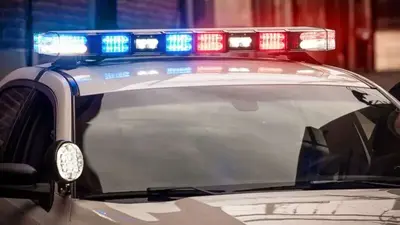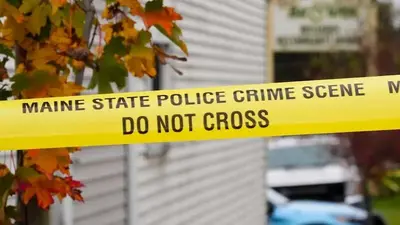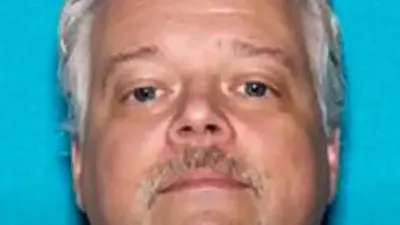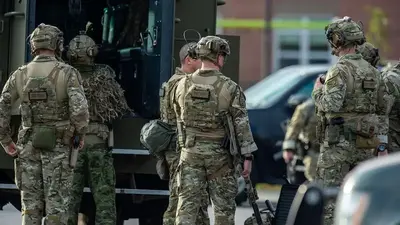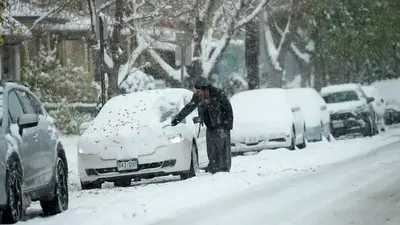US News
Boy Scouts bankruptcy plan headed to federal appeals court
DOVER, Del. -- Attorneys for several insurance companies are appealing a federal judge's decision to uphold the confirmation of a $2.4 billion bankruptcy reorganization plan for the Boy Scouts of America.
In an emergency motion filed Friday, attorneys for non-settling insurers asked U.S. District Court Judge Richard Andrews to halt the effect of a ruling he issued Tuesday while they take their case to the Third U.S. Circuit Court of Appeals.
The BSA's bankruptcy plan is aimed at allowing the Texas-based organization to continue operating while ensuring compensation for tens of thousands of men who say they were sexually abused as children while involved in Scouting.
In his ruling, Andrews rejected arguments that the bankruptcy plan wasn’t proposed in good faith and improperly strips insurers and abuse survivors of their rights.
The opposing insurers note that an automatic halt to litigation against the Boy Scouts as a debtor in bankruptcy expires after April 11. They fear the BSA could argue at that point that further appeals are moot, thus subjecting them to irreparable harm. They also note BSA lawyers on Thursday refused to agree even to a period of advance notice before causing the bankruptcy plan to to take effect. Attorneys for the Boy Scouts, meanwhile, have asked the bankruptcy judge to approve almost $4 million in funding for “preparatory work” on the trust from which abuse survivors would be paid.
The insurers argue the case presents “fundamental questions of bankruptcy law of vital importance that could have widespread impact in mass tort bankruptcies for years to come.”
"Even if this Court is satisfied that it has correctly determined the issues, a reasonable possibility exists that the Third Circuit — which has repeatedly cautioned against the dangers posed by mass tort bankruptcies — may disagree on one or more issues the certain insurers or other appellants will raise on appeal," attorneys wrote.
Doug Kennedy, co-chair of the official committee representing abuse survivors, decried the latest appeal effort, saying it shows a "callous disregard" for survivors.
“It's time for the objecting insurers to show that they actually care about the people they insure, and stand aside while this plan becomes effective,” Kennedy said in a text.
Under the plan, the BSA itself would contribute less than 10% of the proposed settlement fund. The local Boy Scout councils, which run daily operations for troops, offered to contribute at least $515 million in cash and property, conditioned on certain protections for local troop sponsoring organizations, including religious entities, civic associations and community groups.
The bulk of the compensation would come from the Boy Scouts’ two largest insurers, Century Indemnity and The Hartford, which reached settlements calling for them to contribute $800 million and $787 million, respectively. That is a fraction of the billions of dollars in potential liability exposure the two insurers faced.
Settling insurers, local Boy Scout councils and troop sponsoring organizations would receive broad liability releases as non-debtor “third parties” protecting them from future sex abuse lawsuits in exchange for contributing to the victims’ compensation fund — or even for not objecting to the plan.
Meanwhile, other insurers — many of which provided excess coverage above the liability limits of underlying primary policies — have refused to settle. They argue the procedures for distributing funds from the victims' trust would violate their contractual rights to contest claims, set a dangerous precedent for mass tort litigation and result in grossly inflated payments.
More than 80,000 men have filed claims saying they were abused as children by Boy Scout leaders and volunteers around the country. A plaintiffs’ attorney has acknowledged that some 58,000 claims probably couldn’t be pursued in civil lawsuits because of statutes of limitations.
When it sought bankruptcy protection in February 2020, the Boy Scouts had been named in about 275 lawsuits and told insurers it was aware of another 1,400 claims. According to plan opponents, the huge number of claims filed in the bankruptcy were the result of a nationwide marketing effort by personal injury lawyers working with for-profit claims aggregators to drum up clients.
Opponents argue that the BSA, desperate to escape bankruptcy, subsequently colluded with claimants’ lawyers to inflate both the volume and value of claims in order to pressure insurers for large settlements, then transferred its insurance rights to the settlement trust. The trust would be overseen by a retired bankruptcy judge but would work closely with an advisory committee of claimants' lawyers.
Some abuse survivors who oppose the plan argue it violates their due process rights because it releases their claims against non-debtor third parties without their consent. Such third-party releases, spawned by asbestos and product-liability cases, have been criticized as an unconstitutional form of “bankruptcy grifting,” where non-debtor entities obtain benefits by joining with a debtor to resolve mass-tort litigation in bankruptcy.
-

 US News1h ago
US News1h agoAmid U.S.-China Rivalry, Beijing Agrees to Send Two Furry Diplomats to San Francisco
-
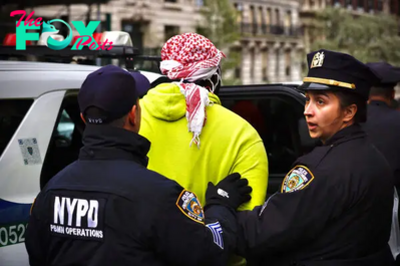
 US News1h ago
US News1h agoPolice Arrest More Than 100 Pro-Palestinian Protesters at Columbia University
-

 US News8h ago
US News8h agoFCC Investigating 911 Cell Service Outages Across Four States
-

 US News8h ago
US News8h agoTwo Endangered Ferrets Cloned From Genes of Critter Frozen in 1980s
-

 US News16h ago
US News16h agoPositive Economic Data Is Still Hiding Bleak Reality for Families
-
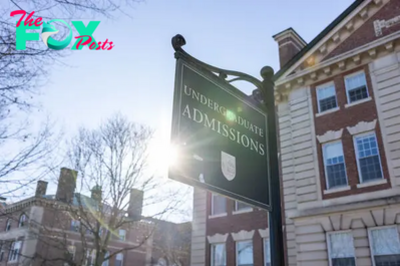
 US News22h ago
US News22h agoReinstating the SATs Will Only Make Rich Kids Richer
-

 US News1d ago
US News1d agoWhy Asian Allies Are Wary of the U.S. Election—and Why Experts Say They Don’t Need to Be
-
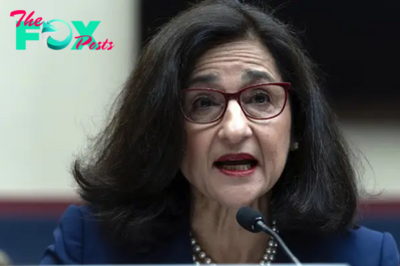
 US News1d ago
US News1d agoColumbia University’s President Rebuts Claims School Has Become a Hotbed of Bias, Hatred
